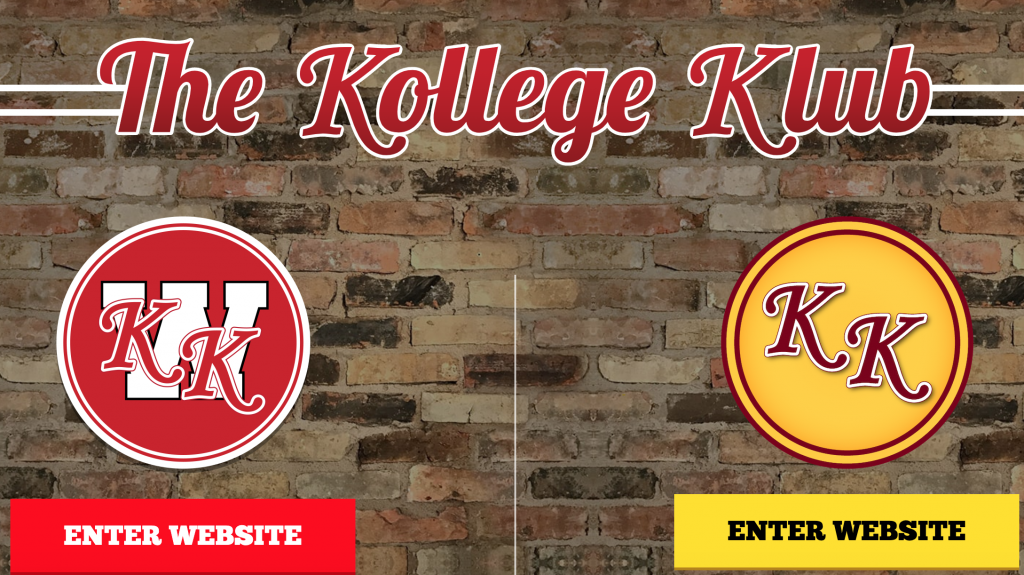6 Ways Telehealth Has Been Bridging the Gap Between UW-Madison Students and UHS
1. UHS has been providing telehealth services since March 16.
According to Interim Director of Mental Health Services at UHS, Andrea Lawson, the school clinic reached out to every student who had an in-person appointment scheduled to better understand what their current needs were in the context of COVID-19. “For some students, their need for support was less, and for others it was more or at least different,” Lawson said. “We are offering continuity of care to all students already connected to us, regardless of their location.” UHS has been able to serve students with phone or video-based services, with state licensing laws for mental health services in mind. When UHS cannot be the one to help students due to the law, they can connect students to local resources.
2. 70-80% of students are using telehealth services, with a significant uptick in students utilizing SilverCloud.
UHS has been at its typical capacity for counseling, although they are seeing a large increase in the number of students who are signing up for and actively using SilverCloud, Lawson said. The platform is an online cognitive behavior-based self-help tool that students and faculty can use. “Since March 16, 332 new students have started using the platform, in comparison to 125 students who used SilverCloud during the same time period last year,” Lawson said.
3. Students struggling with serious medical and mental health issues are getting access to medication in the midst of the pandemic.
Based on symptoms, UHS providers can diagnose and treat severe medical concerns by sending prescriptions electronically to a student’s local pharmacy.
4. UHS providers have been conducting telehealth sessions from home.
“To limit their need to travel and interact with others in accordance with the ‘Safer at Home’ order, almost all UHS staff are providing services from their homes,” Lawson said. “Each provider went through training to be able to understand the technology [they] are using, along with best practices for providing teletherapy.” At their homes, UHS providers have been virtually seeing students in confidential, private spaces.
5. UHS appreciates any feedback from students who have been using telehealth to improve their services.
The school clinic has been working on launching student satisfaction surveys. Currently, students can provide feedback through the ‘Tell Us How We’re Doing’ form online. Also, UHS has come up with some new online resources to help students, found here.
6. Students experiencing mental health emergencies can rely on UHS.
“We’ve developed protocols particularly for this time, including confirming the location of the student at the time of the appointment, developing an emergency support plan, and identifying local crisis resources for students to reach out to if needed,” Lawson said. The UHS crisis line is available 24/7 at 608-265-5600 Option 9, and on call services can be reached at 608-265-5600 Option 2.

